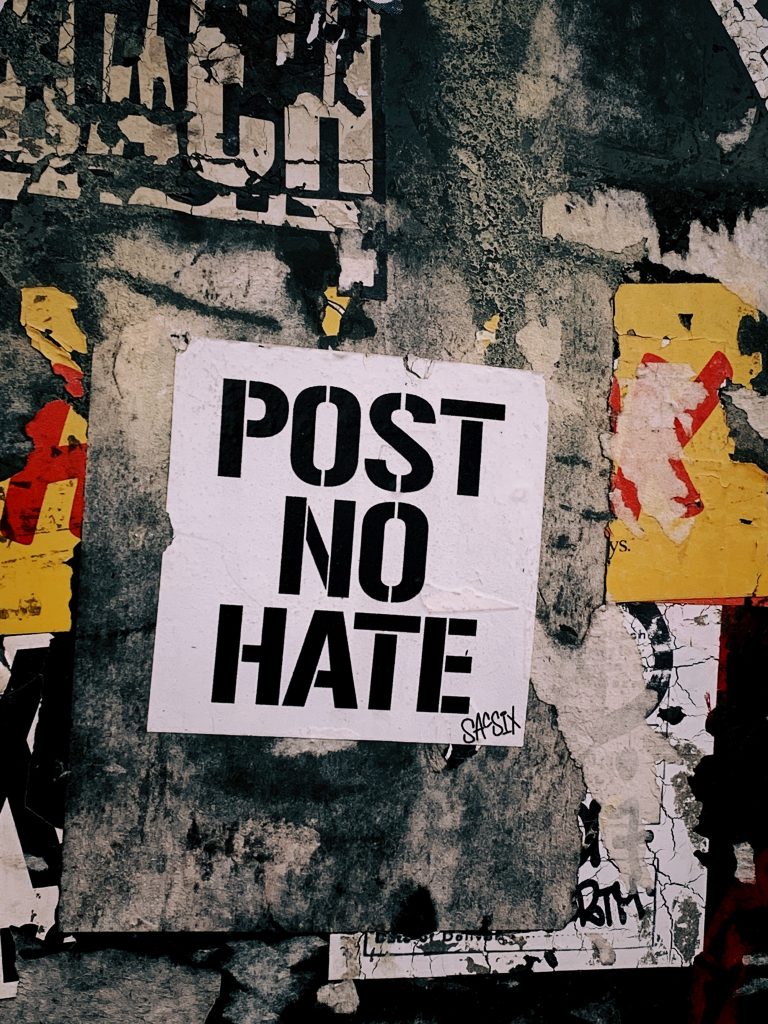Posts Tagged ‘diversity’
Challenging hate through workplace change
What’s the difference between stereotyping, prejudice and hate speech and does it matter?
Yes, it does matter. In the words of our Chief Human Rights Commissioner:
“It is a matter of life, death and human rights. Disrespectful words and actions give permission for discrimination, harassment and violence.”
We have plenty of examples in our history that prove it. In Aotearoa, stereotyping and hate speech have been part of the colonial wars against Māori. Likewise, integral to the white Australia policy and the killing of its aboriginal peoples. Most recently, prejudice was the justification for killing 50 Muslim people in Christchurch.
So what should we be doing about prejudice and stereotyping in a democracy where freedom of expression and opinion is so valued and necessary?
The big picture
There’s the law. It’s geared to stopping the harmful effects of prejudice and stereotypes e.g denial of opportunity, inciting others to hate. Paul Hunt, the Chief Human Rights Commissioner and the United Nations recommend that the laws relating to hate speech and racial hatred need improvement in New Zealand.
There’s also government policies and programmes. These aim to facilitate inclusion and promote diversity. Examples are the Refugee Re-settlement Strategy, Māori TV, population-based ministries and government-sponsored campaigns around issues like domestic violence and sexual harassment.
The everyday
Members of the Muslim community have publicly shared about the commonplace denigration of their religion and ethnicity. Their experience is not unique as a minority living in NZ. Our culture still seems to give voice and power to anglocentrism.
Our mahi at the Policy Place is workplace/organisational policies and procedures. So my question is – what can we do in our everyday work space to support change and transformation?
Organisational courage
Some obvious things – develop and implement organisational and workplace policies on diversity and inclusion, honouring Te Tiriti o Waitangi, addressing harassment and bullying. But this can’t just be a compliance exercise, a tick box.
The policies must be truly embedded in the organisation, part of the organisational pulse. This takes training, ongoing team kōrero, education.
A systemic approach and commitment to ongoing learning and improvement are required.
So is courage. We need the courage to say “no” to the perpetration of stereotyping and prejudice, to question and challenge it in the everyday. We need the courage to say “yes”, “tino pai” to truly embracing diversity.

